Raksha Bandhan is one of the most cherished and emotionally significant festivals in Indian culture. Often referred to simply as “Rakhi,” it involves the symbolic tying of a sacred thread by a sister on her brother’s wrist, signifying love, protection, and the promise of a lifelong bond. But to see Raksha Bandhan only as a ritual of tying a thread would be to overlook the depth of meaning, cultural richness, and spiritual essence it carries.
In this article, we explore how Raksha Bandhan is much more than just a festival. It is a celebration of relationships, an expression of gratitude, and a reminder of family values that define the very soul of Indian society.
The Sacred Bond of Protection: More Than a Thread
The word Raksha Bandhan is derived from two Sanskrit words: “Raksha” (protection) and “Bandhan” (bond). The thread, or rakhi, is not merely an ornament or a ritualistic symbol—it is a sacred promise. A promise that the brother will protect, support, and stand by his sister through all the trials of life.
In many parts of India, this festival transcends blood relations. People tie rakhis to cousins, friends, neighbors, and even members of the armed forces, honoring their role as protectors of the nation.
Raksha Bandhan: A Celebration of Unconditional Love
At its core, Raksha Bandhan is a celebration of unconditional love between siblings. It is one of the rare festivals that celebrates relationships rather than deities or historical events. It reminds us that love doesn’t always need a reason or a reward—it simply is. The simplicity of the rakhi ritual—just a thread and a promise—reflects the purity of this love.
Siblings often have the most complex yet rewarding relationships. Raksha Bandhan offers them a day to reconnect, resolve differences, and reaffirm their affection for each other.
Historical and Mythological Roots
Raksha Bandhan is deeply rooted in Indian mythology and history, further enriching its cultural importance. Some of the most notable legends include:
- Draupadi and Lord Krishna
When Draupadi tore her sari to bandage Lord Krishna’s bleeding finger, he vowed to protect her in return. During the infamous disrobing scene in the Mahabharata, Krishna kept his promise.
- Queen Karnavati and Emperor Humayun
Queen Karnavati of Mewar sent a rakhi to Mughal emperor Humayun, asking for protection from invasion. Touched by the gesture, Humayun rushed to her aid, even though they were not blood relatives.
These stories emphasize that Raksha Bandhan has never been limited to brothers and sisters—it is about the sacred duty to protect and honor relationships.
Raksha Bandhan and Women’s Empowerment
In a deeper sense, Raksha Bandhan also symbolizes the acknowledgment of a woman’s respect and dignity. When a brother accepts a rakhi and makes a vow of protection, he is also promising to support his sister’s rights, choices, and aspirations.
In today’s context, this takes on an even more empowering meaning. The modern Raksha Bandhan celebrates not just physical safety but emotional support, equality, and mutual respect. It’s no longer a one-sided promise; many sisters now also vow to protect and stand by their brothers.
A Festival That Strengthens Social Fabric
Raksha Bandhan is not confined to family—it also strengthens societal bonds. In India, it’s common for women to tie rakhis on policemen, soldiers, teachers, and even leaders. This tradition fosters a sense of unity, gratitude, and respect among people from diverse backgrounds.
It reminds us of our duty towards each other—to protect, to uplift, and to create a society based on mutual love and understanding.
Cultural and Regional Diversity
Raksha Bandhan is celebrated with slight variations across different states of India, each adding its unique cultural flavor:
- In Maharashtra, Raksha Bandhan coincides with Narali Purnima, a festival celebrated by fishermen.
- In South India, the festival is associated with Avani Avittam, where Brahmins change their sacred threads.
- In Nepal, Raksha Bandhan is known as Janai Purnima.
- In Rajasthan, women tie rakhis not only to brothers but also to royal family members and political leaders, symbolizing trust and loyalty.
This regional diversity shows that Raksha Bandhan is a festival that adapts, evolves, and includes.
Emotional Nostalgia and Family Bonding
For many, Raksha Bandhan is emotionally charged with nostalgia. The preparation begins days in advance—shopping for rakhis, choosing gifts, preparing sweets, and planning get-togethers. In today’s fast-paced world where families are often geographically dispersed, Raksha Bandhan offers a moment to pause and reconnect.
Sisters eagerly wait for their brothers to arrive, and brothers go out of their way to make their sisters feel special. These acts of love and togetherness leave lasting memories.
Raksha Bandhan in Modern Times
In the digital age, Raksha Bandhan has taken on new dimensions. Sisters now send e-rakhis, video messages, and online gifts. Brothers respond with digital gift cards, virtual surprises, and heartfelt calls.
Even though technology has changed how we celebrate, the essence remains untouched. The bond is still about love, care, and promises that transcend physical boundaries.
Additionally, there’s a growing trend of environmentally friendly rakhis, handmade threads, and even charity-based gifting, showing how the festival is evolving with social consciousness.
Gender-Inclusive Celebrations
Traditionally seen as a brother-sister festival, Raksha Bandhan is now evolving into a gender-inclusive celebration. Many people tie rakhis to sisters, friends, or anyone they consider close. This reflects the changing perception of protection and support as mutual and universal values—not limited by gender roles.
Beyond Rituals: A Day of Reflection
More than just rituals and gifts, Raksha Bandhan is a day to reflect on the relationships that matter. It’s a day to ask:
- Have I been there for my siblings or loved ones when they needed me?
- Have I fulfilled my promise of emotional and moral support?
- Have I expressed enough gratitude to those who protect me?
In answering these questions, the true purpose of the festival comes alive.
Conclusion: A Festival Rooted in Love and Humanity
Raksha Bandhan is more than just a festival of rakhi—it is a celebration of human relationships at their purest. It is a timeless reminder that we are not alone in this world; we are surrounded by people who love us, protect us, and make our lives meaningful.
While the thread of rakhi is a simple symbol, the values it represents are eternal—love, trust, protection, respect, and togetherness. As families evolve and societies change, the essence of Raksha Bandhan continues to shine as a beacon of love that connects hearts across time and space.
So, this Raksha Bandhan, let’s not just celebrate the tradition—let’s live its values every day.

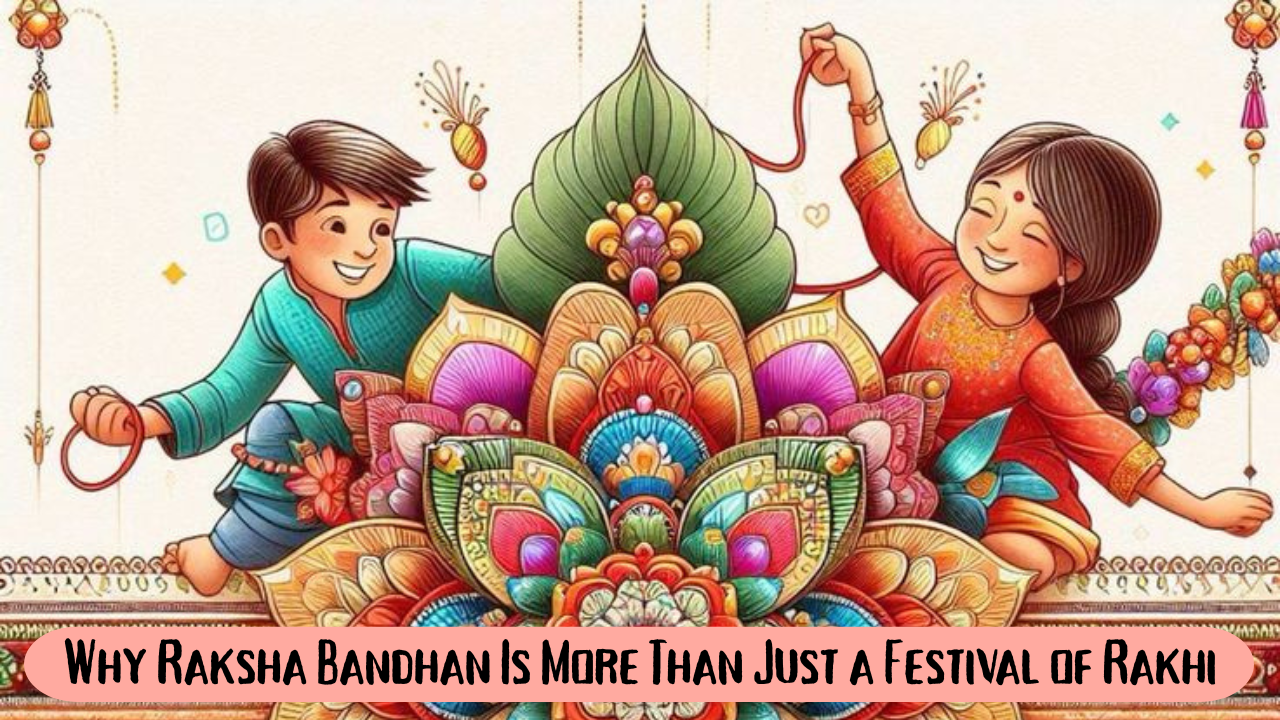




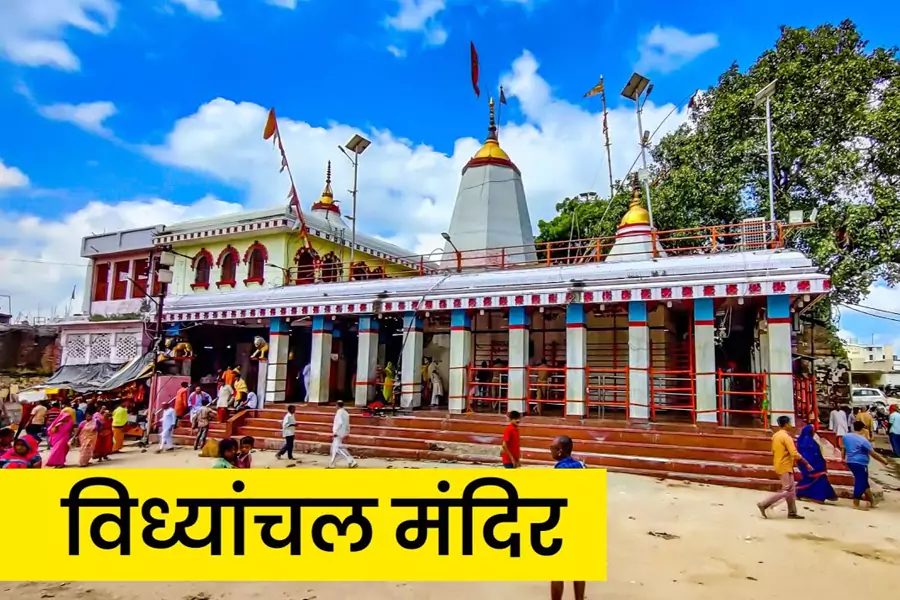

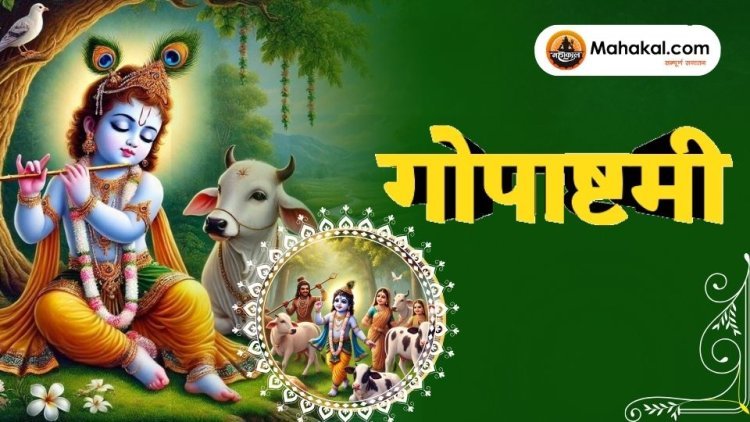
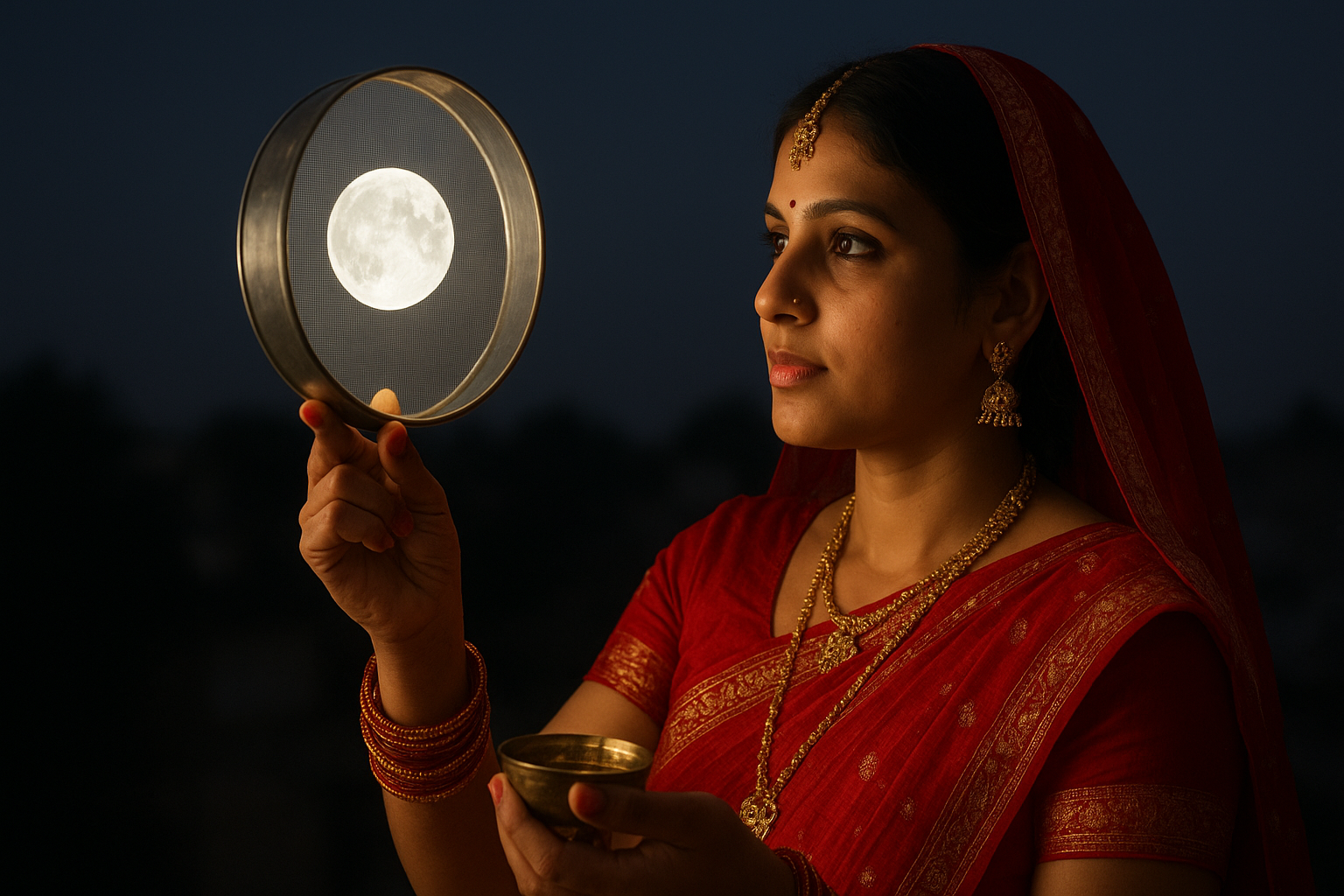
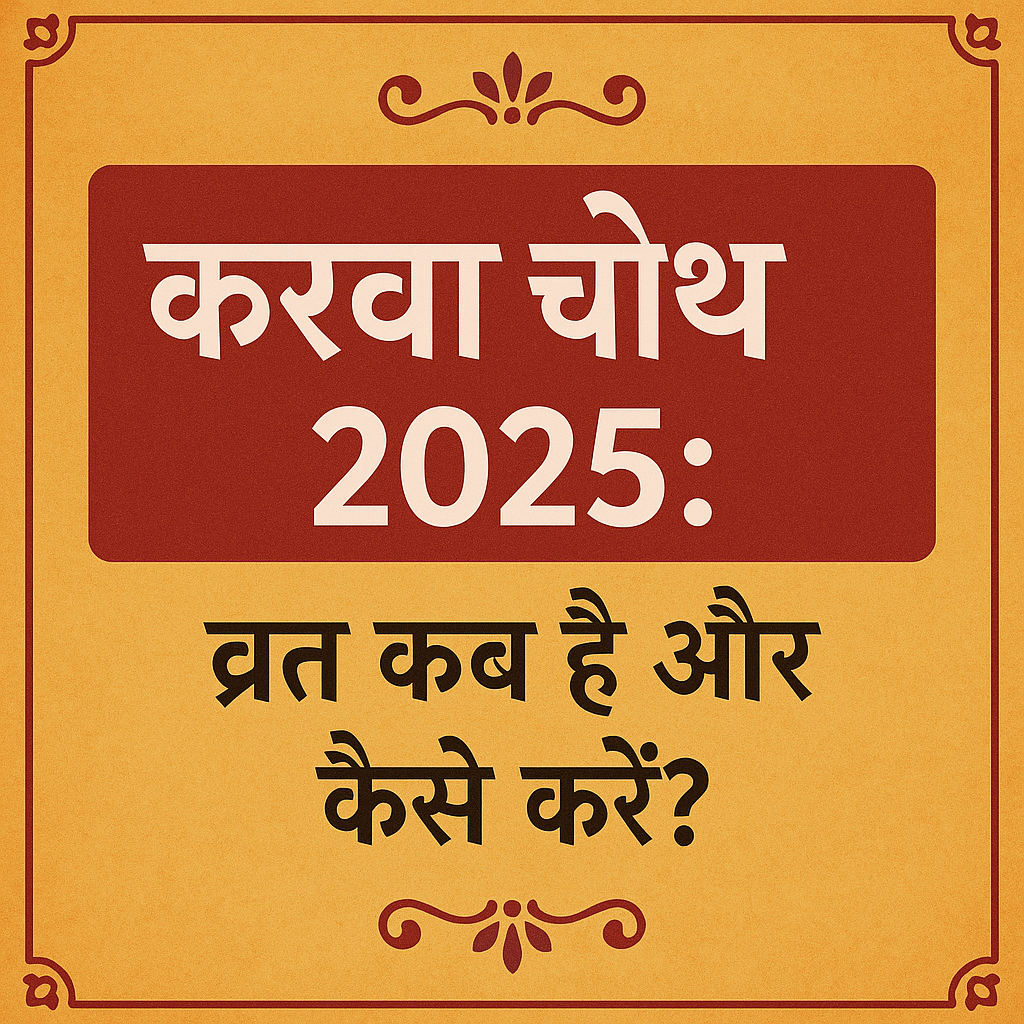
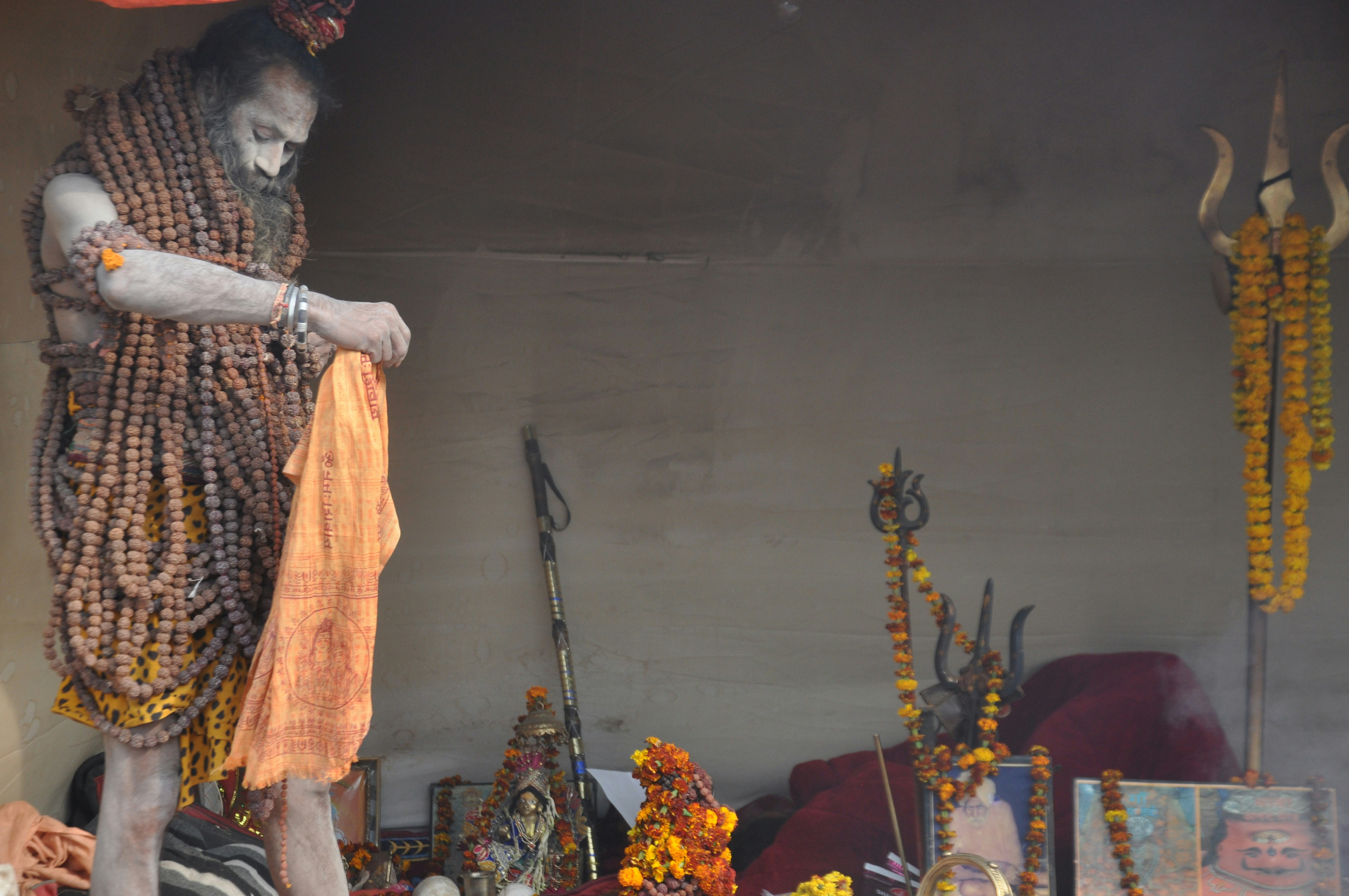
Leave a Reply